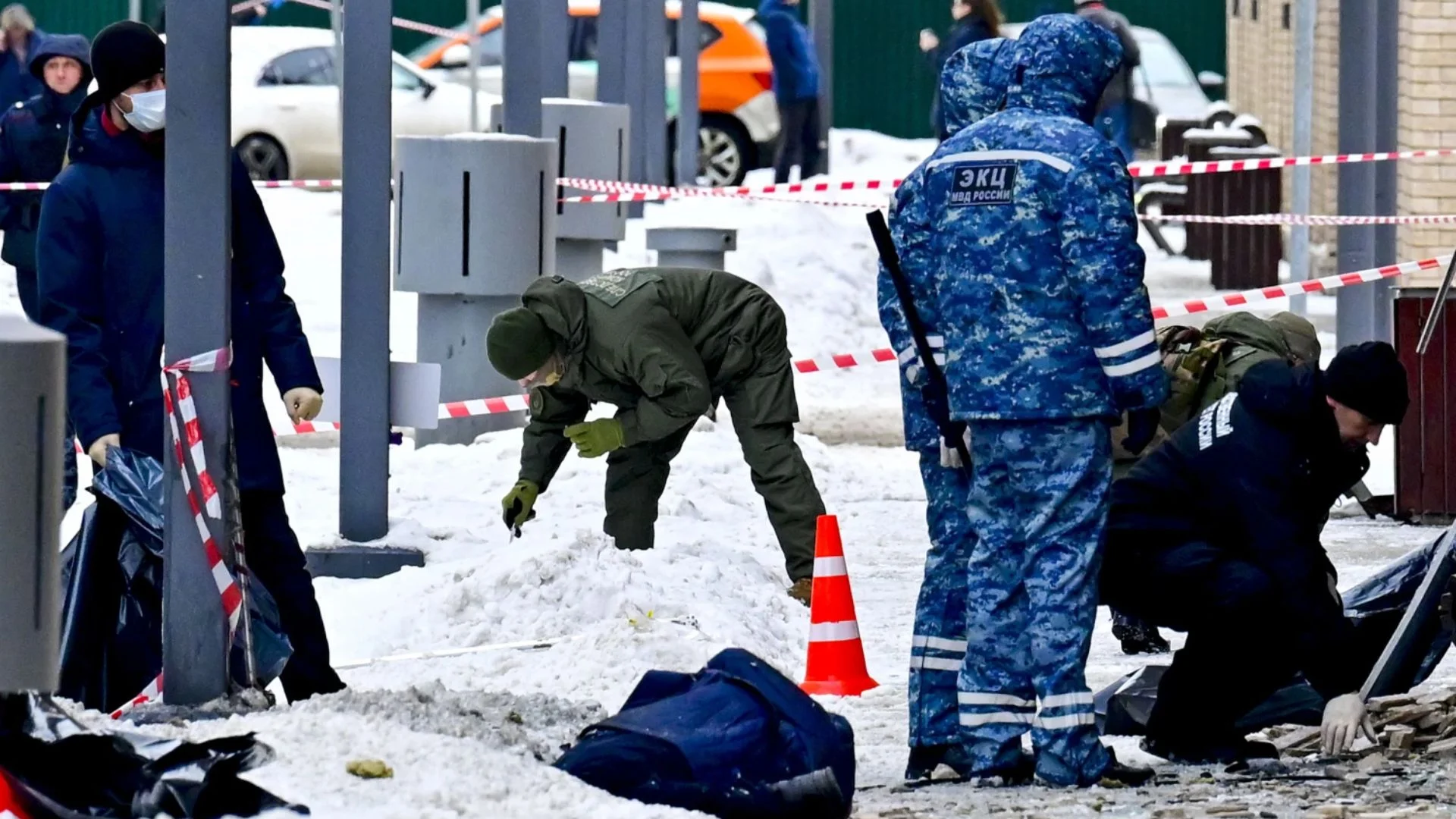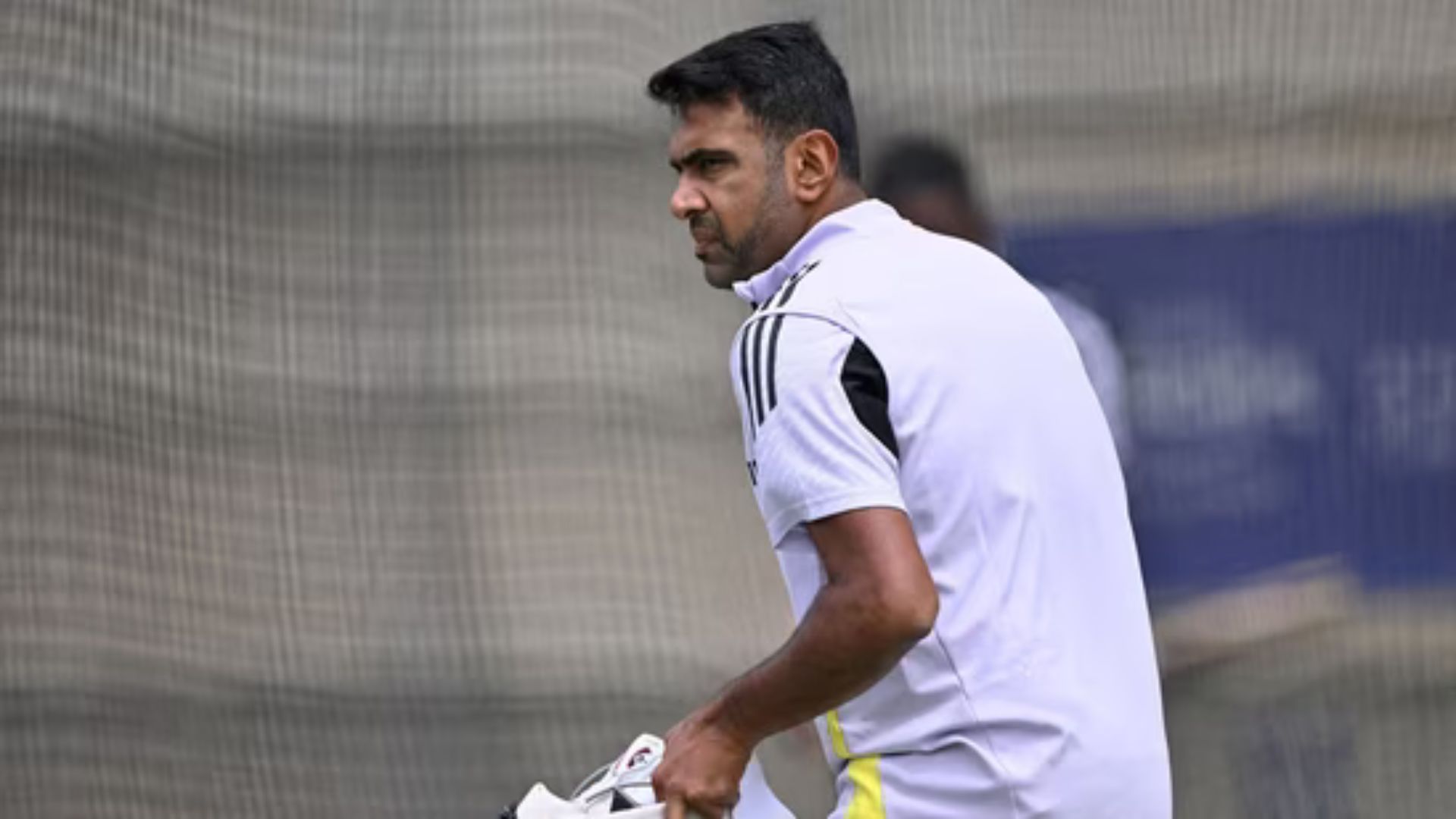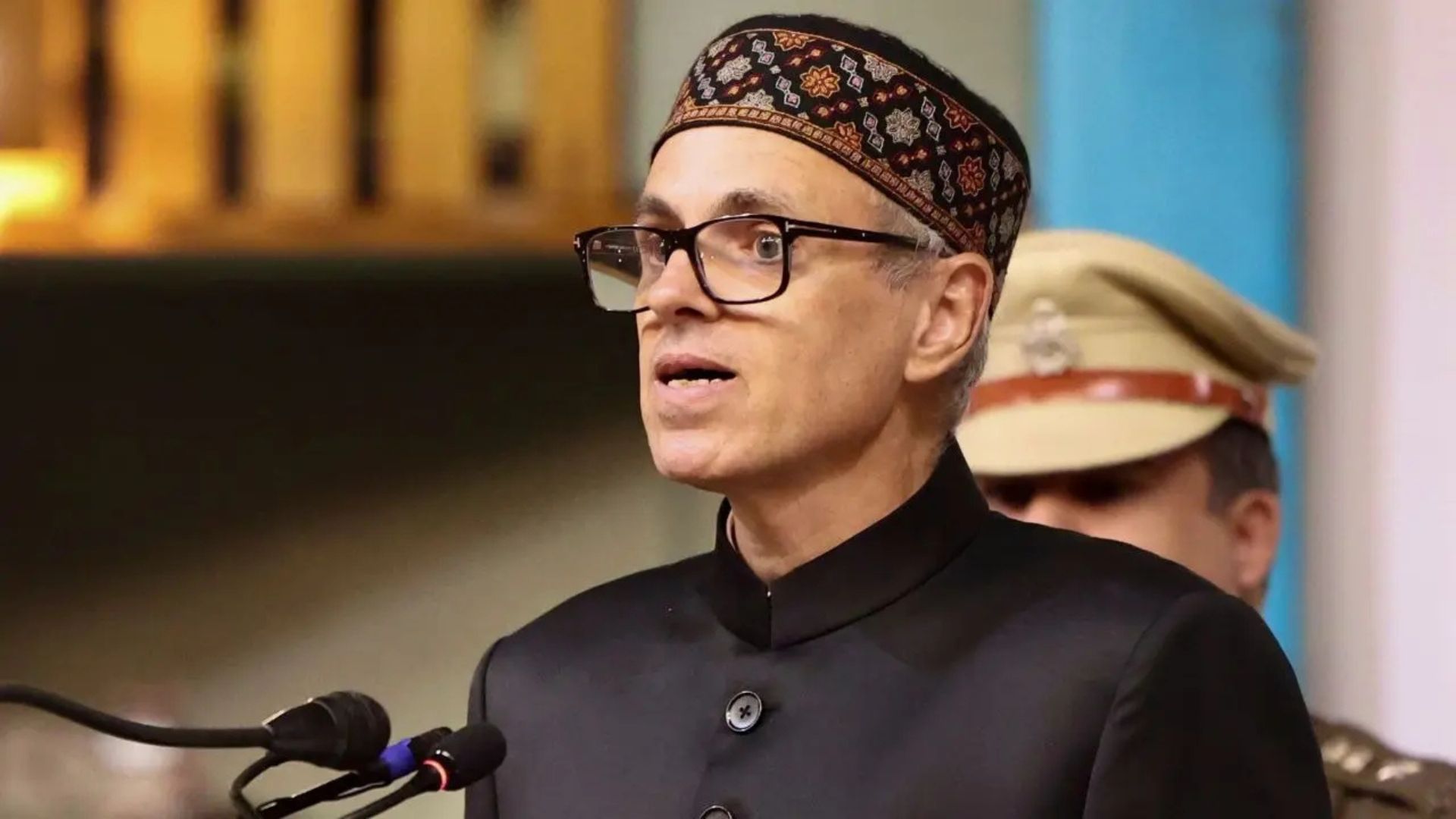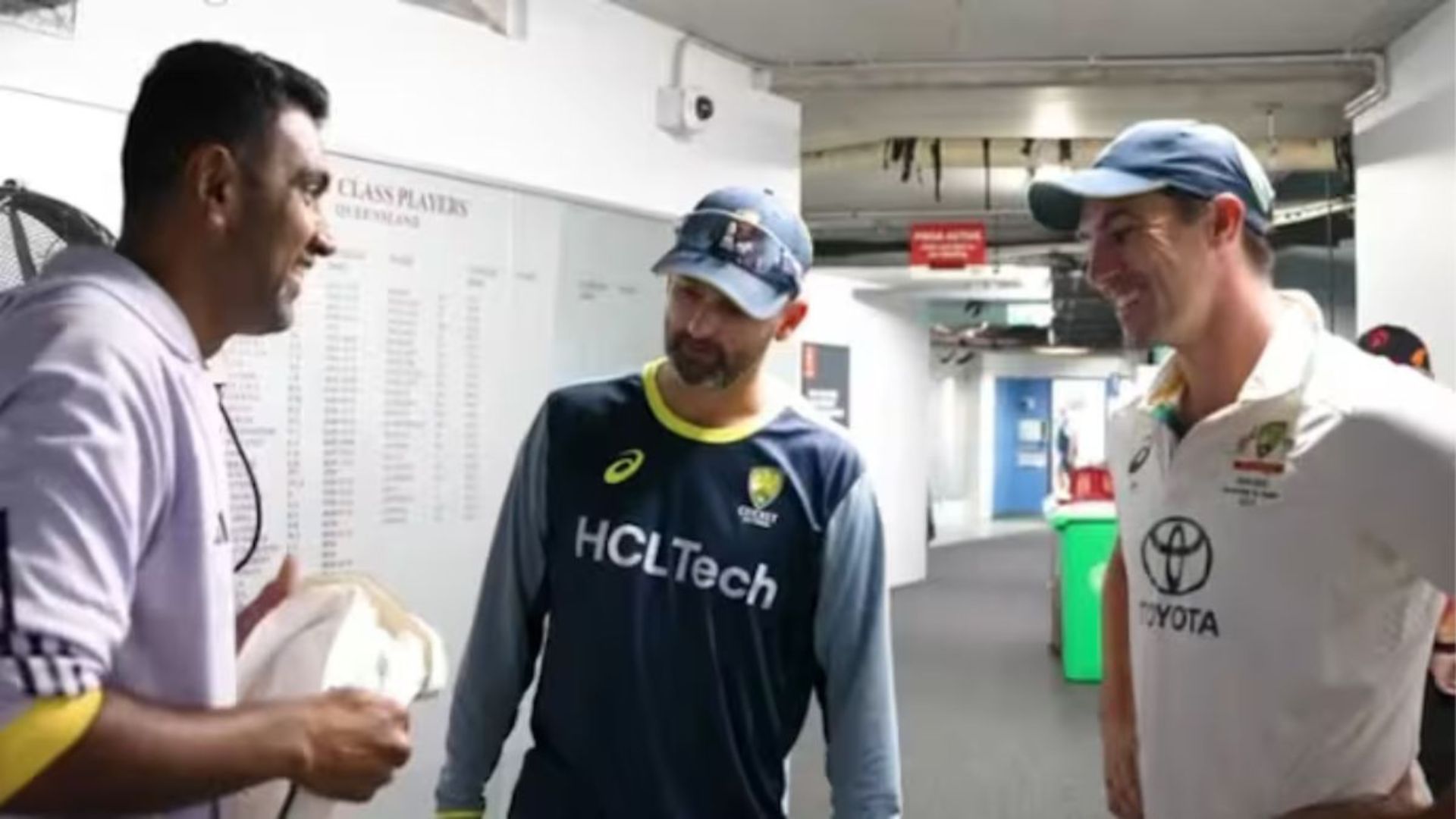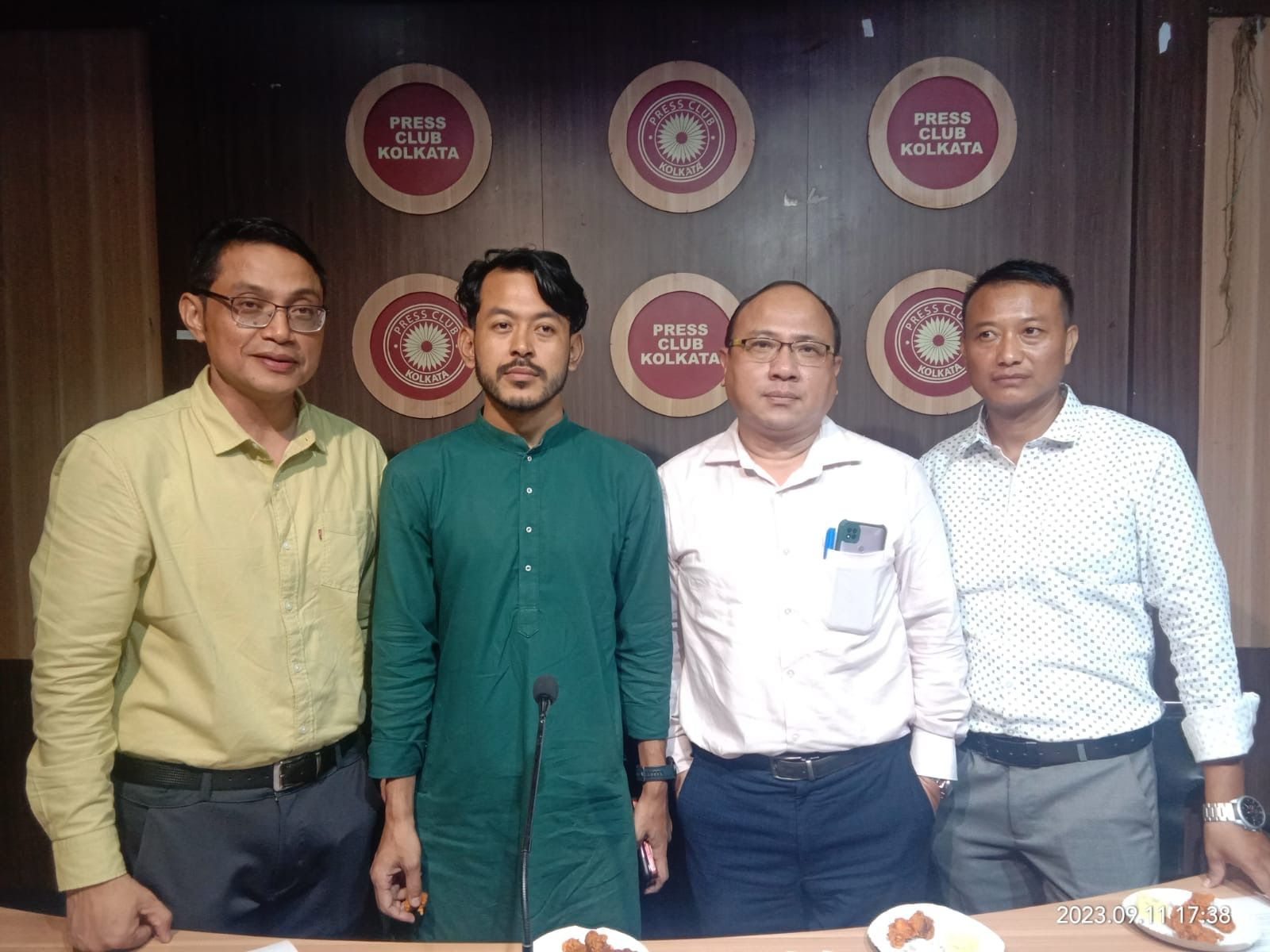
Sarjit Singh, who hails from Imphal, has been living in Calcutta for more than 20 years. He is an electrical contractor who used to travel between Manipur and Calcutta for work. He has not visited Manipur since May when the violence erupted.
“We had a family home in Moreh, a town in Chandel district, bordering Myanmar. The home was torched in the conflict. Thankfully, my family members were in Imphal then,” he said.
His business in Manipur was “as good as over”. But Sarjit Singh did not blame any community for the violence. Neither did he blame politicians.
“We, the people, are to blame as a whole. We have elected these politicians. The current crisis holds a mirror to the times we live in,” he said.
People from Manipur living in Kolkata like Sarjit Singh said they will continue making efforts for reconciliation between the two warring communities back home. As the strife-torn hill state continues to reel under unending violence, those living here said they are also pained by the Hindu-versus-Christian narrative being echoed in various quarters.
“This is a clash between two ethnic communities where people from both are equally affected. We are ready to sit with civil society organizations from the other community to initiate peace talks,” said Rohan Philem, a cyclist and social activist from Manipur.
Philem, who follows Christianity, claimed that approximately 250 of the churches vandalised were Meitei churches while around 80 Kuki churches and 390 temples were also vandalised by mobs. Manipuris in Kolkata (MIK), an organisation of people from Manipur living in the city, has been organising peace meetings and sending relief materials for the internally displaced people back home.
MIK also said they do not see all Kukis as illegal immigrants or poppy cultivators while stressing the importance of identifying those who have crossed into the state from Myanmar and offer them humanitarian aid.
